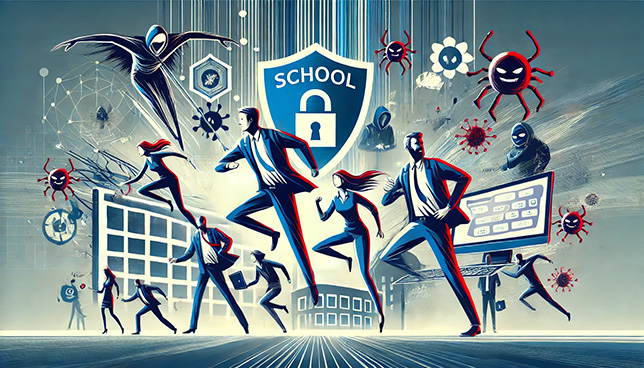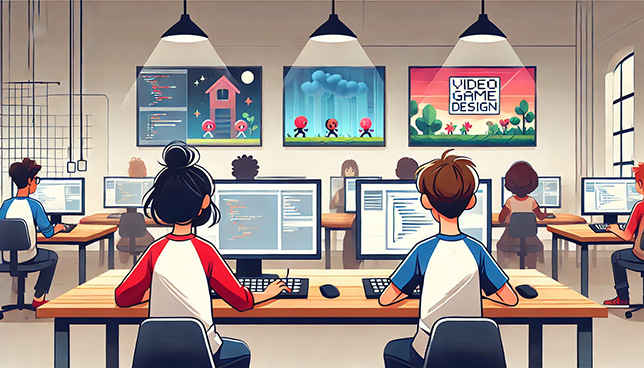
Student mental health is in crisis, and excessive screen time is a significant factor. Here are four ways to help students find and maintain a healthy balance with technology.

It's time to move beyond the limitations of prevention-only cybersecurity and adopt a multi-layered security strategy to combat a new era of cyber threats for K-12 schools.

Beginning in funding year 2025, WiFi hotspots will be eligible for E-rate Category One discounts. Here's what you need to know about your school's eligibility, funding caps, tracking requirements, and more.

A 6th grade ELA teacher offers best practices based on his experience using AI tools and features in the classroom.

Scholars are doing lots of asking and predicting about the risks and rewards of generative artificial intelligence in school, but has anyone asked the all-knowing chatbots?

An analysis of the cybersecurity landscape for education institutions and tips on how defenders can comfortably face new and emerging threats.

Designing games is a powerful way for students to learn transferable and in-demand skills, and teaching it can be as easy as allowing students to demonstrate their learning using tools they choose.

By changing its approach to data and assessment, Maunawili Elementary School has been able to fine-tune instruction, better engage students, and find interventions that work.

As educators, we cannot afford to delay providing instruction on appropriate use of artificial intelligence platforms to our students. Doing so places them at a significant disadvantage as they enter college and/or the workforce.

When the needs of every student, teacher, and staff member are considered in an inclusive safety plan, everyone can feel safe and protected — and better focus on academic success.